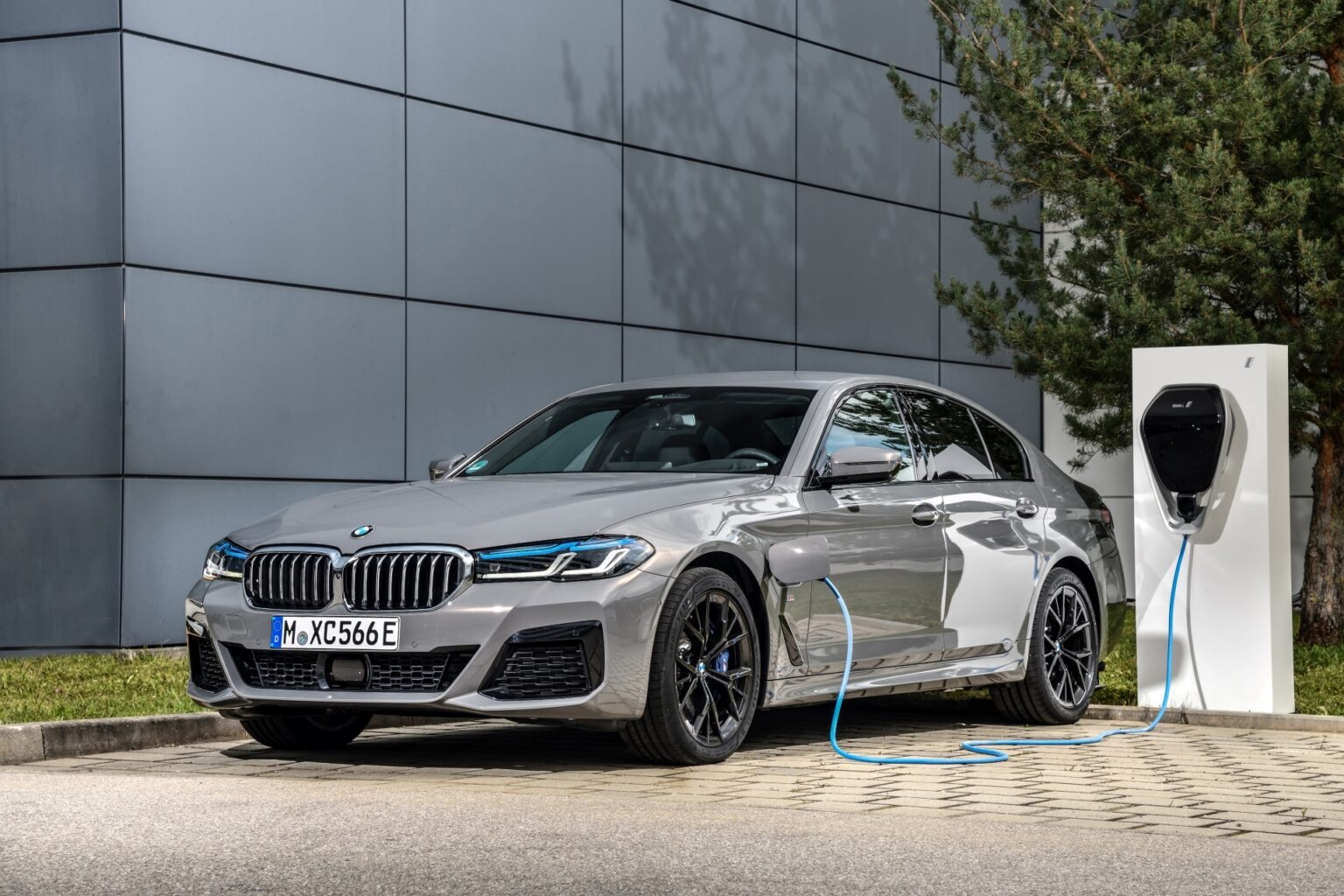Introduction
Mozambique and Tokyo are engaging in discussions to establish a partnership for manufacturing electric vehicle (EV) batteries. This potential collaboration holds significant promise for Mozambique's industrial and energy sectors while contributing to global efforts to transition to sustainable transportation solutions. In this article, we delve into the talks between Maputo and Tokyo regarding EV battery production.
Fostering Green Technology Transfer
The talks between Mozambique and Tokyo represent an opportunity to transfer green technology and knowledge exchange. Tokyo, a global leader in EV technology, can share its expertise with Mozambique, accelerating the country's capabilities in EV battery manufacturing. This collaboration aligns with global goals for technology transfer to support sustainable development.
Addressing Energy Storage Needs
EV batteries are a crucial component of the electric vehicle ecosystem, and securing a local supply of high-quality batteries is essential for Mozambique's transition to electric mobility. Manufacturing EV batteries within the country can help meet domestic energy storage needs while reducing reliance on imports.
Strengthening Mozambique's Industrial Base
Establishing EV battery manufacturing facilities in Mozambique would strengthen the country's industrial base. This initiative has the potential to create jobs, stimulate economic growth, and diversify the industrial sector, ultimately contributing to Mozambique's sustainable development.
Boosting Sustainable Mobility
As the world increasingly adopts electric vehicles, having a local source of EV batteries will promote sustainable mobility in Mozambique. Electric vehicles are not only eco-friendly but also cost-effective and efficient. Access to locally manufactured batteries can make EVs more affordable and accessible to Mozambican consumers.
Investment And Infrastructure
For the successful implementation of EV battery manufacturing in Mozambique, substantial investments in infrastructure and technology will be required. The talks between Maputo and Tokyo should explore avenues for funding and collaboration with private sector partners to ensure the necessary resources are available.
Conclusion
The discussions between Mozambique and Tokyo concerning EV battery manufacturing represent a significant step towards sustainable transportation and industrial development in Mozambique. This potential collaboration has the power to foster technology transfer, address energy storage needs, strengthen the country's industrial base, and promote sustainable mobility. As the world shifts towards electric vehicles, Mozambique's partnership with Tokyo promises a greener and more prosperous future.





